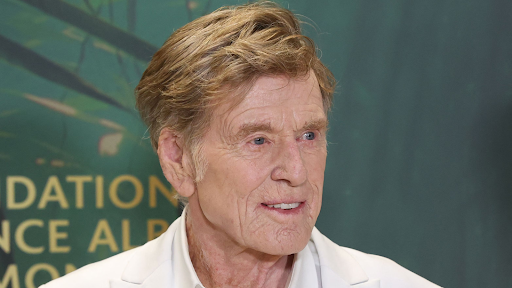Robert Redford, the legendary actor and director who has died at 89, embodied a great Hollywood paradox: he was the ultimate insider who spent his career championing the outsider. Blessed with the kind of looks and charisma that made him a quintessential movie star, he used his powerful position to question and subvert the very system that created him.
His stardom was undeniable. In films like The Way We Were, he was the epitome of the romantic leading man. His quiet, magnetic presence opposite Barbra Streisand created a cinematic landmark. In Out of Africa, his rugged charm anchored an Oscar-winning epic. These roles gave him immense power and influence within the industry.
However, he was famously uncomfortable with this status. Redford was an artist at heart, and he viewed his own matinee idol image with suspicion. He believed it distracted from his true passion: the craft of storytelling. This inner conflict drove him to seek out more challenging roles and to step behind the camera to become an Oscar-winning director.
The ultimate expression of this paradox was the Sundance Institute. Here was one of Hollywood’s biggest stars using his own money and fame to build a haven for filmmakers who operated entirely outside the studio system. He became a patron saint for the independent, the unconventional, and the ignored, fundamentally changing the landscape of American film.
In remembering Robert Redford, we must appreciate this fascinating duality. He was the golden boy who fought for the underdog, the movie star who distrusted celebrity. This inherent contradiction made him one of the most compelling figures of his generation and secured his unique and lasting legacy.

